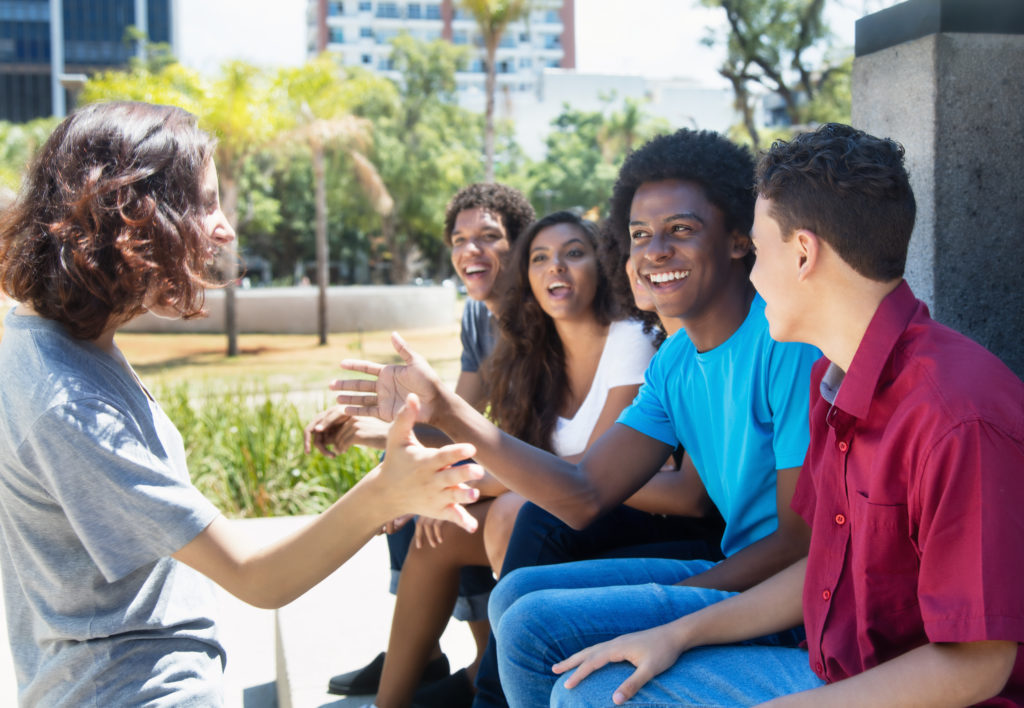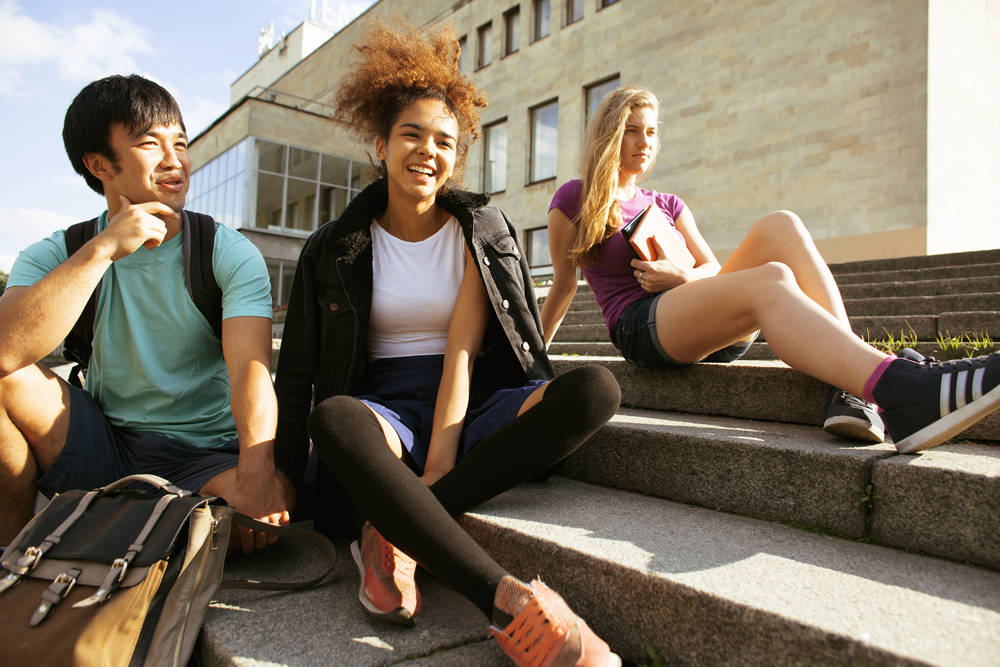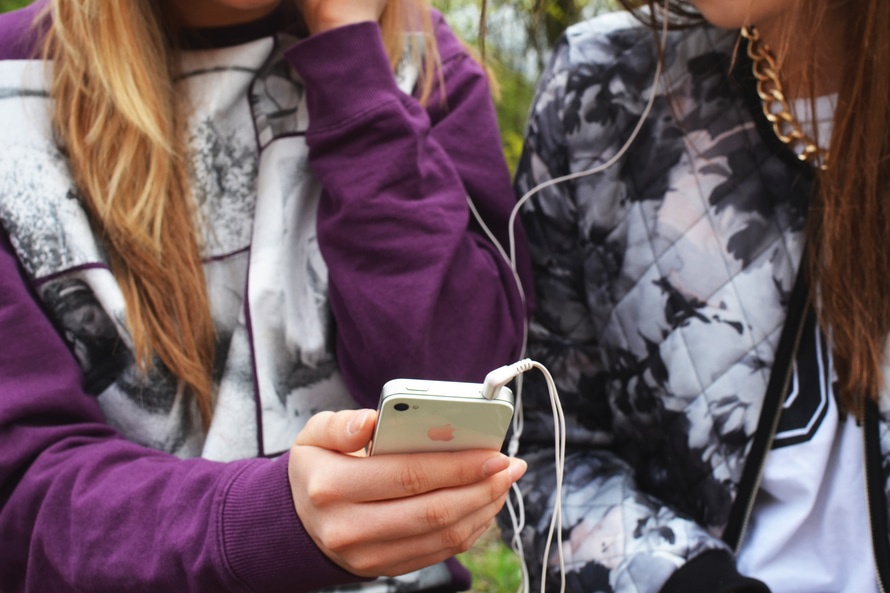We are in uncharted waters. Schools across the nation are developing entirely new methods of educating students. Some are meeting face-to-face, some are utilizing a hybrid format, and some are moving entirely to a virtual platform.
If there is one thing that is certain in a time of such uncertainty it is that schools, educators, students, and families are going through something no one has ever experienced in our lifetime.
When trying to conceptualize what this school year is going to look like, many questions arise. But, the question at the top of everyone’s minds is: how will education systems be able to afford such a drastic transformation to online learning?
In March of this year, a federal $2.2 trillion stimulus bill entitled the CARES act was passed and signed into law. Included in the bill is funding which schools can use to not only provide technology to students and sanitize schools, but also purchase curriculums.
Our Healthy Relationships curriculum does in fact qualify under multiple sections of the CARES Act. We understand that many schools and districts think that the funding has to be used on sanitization measures and technology, and rightfully so. But, within the funding requirements, the Healthy Relationships Curriculum would qualify under multiple sections of the CARES Act.
• This educational tool and resource, for your students with disabilities, is directly listed as one of the specifics allowable for use for the K-12 relief funding.
• The Healthy Relationships Curriculum would ensure appropriate guidance to achieve requirements under IDEA and will ensure offering educational services to meet IEP transition goals through both in-person AND remote learning options.
• School leaders, like special education directors and others, can use the CARES Act funding to purchase resources to address the needs of their individual schools and students.
With virtual lessons, outcome measurement tools, an online portal to easily communicate with parents and other educators, and over 85 videos to keep your students engaged, the Healthy Relationships Curriculum is the perfect remedy for the situation this fall.








